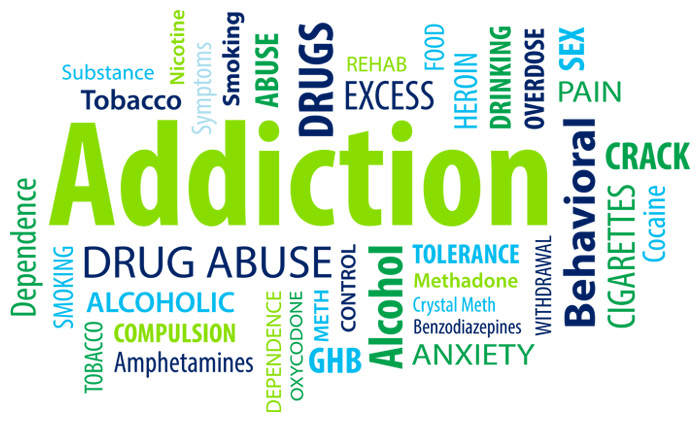Outpatient treatment programs

Outpatient treatment programs that addresses all addiction related complications
Outpatient treatment programs: The right decision about drug abuse
Outpatient treatment programs varies in line of the types and intensity of services offered. The cost of treatment relatively pocket friendly than residential treatment. This type of treatment is suitable for busy people in the employment sector mostly. It should be noted that low-intensity programs may offer little more than drug education. Other outpatient models, such as intensive day treatment, can be comparable to residential programs in services and effectiveness, depending on the individual patient’s characteristics and needs. In many outpatient programs, group counseling can be a major component. Some outpatient programs are also designed to treat patients with medical or other mental health problems in addition to their drug disorders.
From that introduction, doctor Dalal Akoury MD and founder of AWAREmed Health and Wellness Resource Center says that getting help for addiction treatment is one of the most important choices you can make for yourself and your loved ones. Making such decision can be difficult and goes beyond the lucrative adverts in the media. If you’re looking for outpatient drug rehab centers, there are some fundamental points to be considered before you choose any one program over another. Some of these factors could be in line with the treatment or may not have any association with the treatment. And for the purpose of this article, we want to discuss factors that are treatment based. Knowing what these factors are and how they impact your treatment can help you make the tough choice about where to turn for help.
Outpatient treatment programs: Does the rehab facility have experience with your addiction?
This question is directly addressing your situation directly and because there are many facilities that help people overcome drug and alcohol addictions. You need to take time and settle on that facility that specializes in the treatment of your present addiction condition. Remember that the clinic doesn’t have to provide treatment for your specific addiction alone, of course, but it’s a good idea to go with drug treatment facilities that do have some specialized training with your particular drug of choice says doctor Akoury.
Outpatient treatment programs: Why is this important?
This is very important because while some symptoms of addiction and withdrawal are common to many different drugs, there are other symptoms that are unique to specific drugs. Using outpatient drug rehab centers that focus on treating individuals for specific addictions rather than offering a one-treatment-fits-all-addictions policy works best if you’re interested in a successful outcome.
Additionally, addictions to different drugs impact the mind and body in different ways. The staff needs experience in handling the physical, emotional and psychological aspects of the specific addiction you’re struggling to overcome. Sometimes this takes very specialized training. Other times, only experience can tell the tale. Finally, they need to understand the specific type of addiction you’re struggling with in order to help you and your loved ones understand the recovery process. That’s why it’s so important to find the right drug rehabilitation centers from the start. You may want to consult with doctor Dalal Akoury further of this so that your decision is well guided to become mistake proof.
Outpatient treatment programs: The right decision about drug abuse
http://regenerativepotential.com/wp-admin









